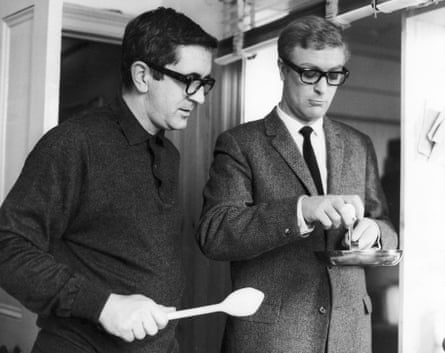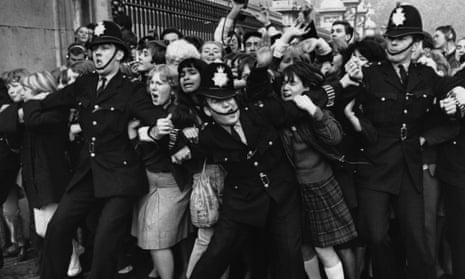Fifty years ago, the death of Winston Churchill saw over 300,000 people queue patiently in the cold to pay their last respects to the great wartime leader. It has been argued that his funeral marked the end of an old order that was to be gradually replaced by a more modern society.
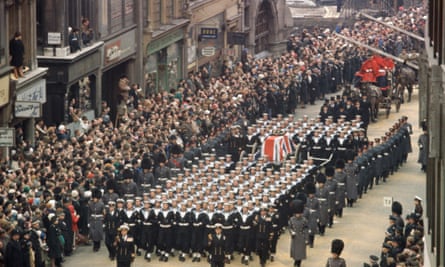
The newly elected Labour government (October 1964) introduced legislation that still affects British society today. There was the abolition of the death penalty, a homosexuality bill and the introduction of comprehensive education. Even the welfare of circus animals was being debated in the House of Lords. Another major step was the introduction of the Race Relations Act.
In the United States, while legalised segregation had ended with the Civil Rights Act of 1964, de facto segregation still existed. In March, Martin Luther King led the march from Selma to Montgomery to lobby for voter registration. A few months later race riots in the Watts neighbourhood of Los Angeles lasted for six days.
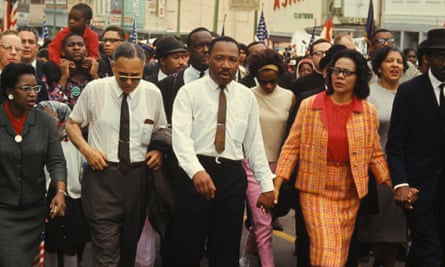
On 21 February, the US black leader Malcolm X was gunned down at a rally in Harlem. The militant Muslim often advocated violence as the only means of forcing change - the opposite to Martin Luther King’s calls for civil rights through peaceful protest. It was also in 1965 that the US rapidly increased its military forces in Vietnam.
The year also saw changes in social attitudes and culture. On 27 October, the Beatles went to Buckingham Palace to receive their MBEs - a decision that led some existing holders returning their medals. Meanwhile, Bob Dylan, darling of 1960s folk-boom, was beginning to follow a new musical path.
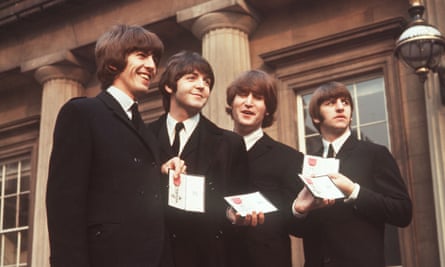
A sign of changing times was the appointment in January of George Melly as the Observer’s first pop critic. His brief was to survey the ‘chart art’. Later on in the year he wrote about a fledgling Marc Bolan, and the ‘musically limited’ Small Faces.
The world of literature was in transition too. Works by non-English writers such as Wole Soyinka began to find a wider audience, while Philip Larkin was developing his persona as poet of the ordinary life.
Eating habits were developing - both at home and at work - and there were the inevitable new cook books to feed this appetite for more adventurous food.
